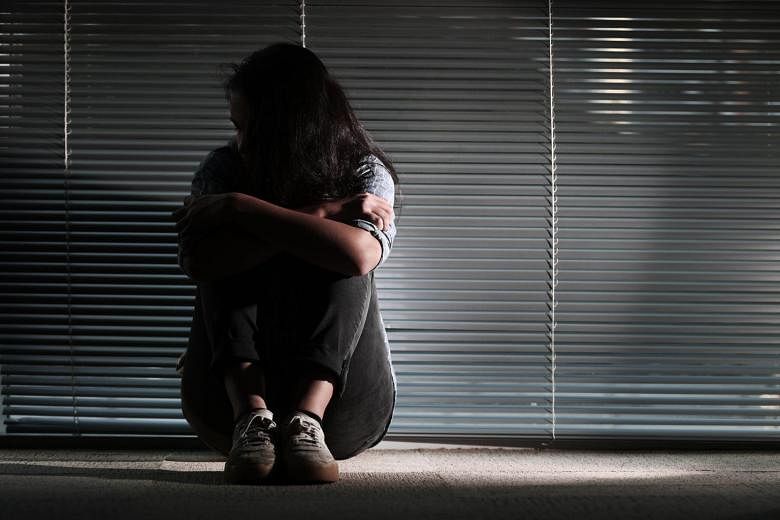KUALA LUMPUR - The shocking rape case of a 16-year-old girl while being held by Malaysian police in Sarawak recently has raised calls for an independent inquiry and spotlighted once again alleged shortcomings of the force.
There have also been renewed calls for the formation of an independent body to oversee police misdeeds, a plan that has been repeatedly rejected by the cops.
The authorities have promised that there would be no cover-up and those involved will be brought to justice, similar to promises made in cases involving the deaths of criminal suspects in police custody and policemen who have been nabbed for myriad corrupt activities.
So far, two cops who were on duty at the police station in Miri town, where the Jan 9 rape happened, have been suspended.
"(The issue) must not be swept under the carpet," Professor Noor Aziah Mohd Awal, the children's commissioner with the Human Rights Commission of Malaysia (Suhakam), told The Straits Times.
"Had the police officer in charge executed his duties honestly and properly, police lock-up is the last place a rape could happen," she added.
Based on the police report filed by the victim, she was detained on Jan 8 to help in investigations into an illegal gambling case.
But while in custody, she claimed that a male detainee from another cell had opened the door to her lock-up between 4am and 5am, before taking her to the station's toilet to rape her. The alleged rapist apparently had the key to the teenager's cell.
Just as baffling, the door to the cell that housed 12 male detainees, including the suspected rapist, was not locked.
"Pure evil," Malaysia's national police chief Abdul Hamid Bador told The Straits Times, when asked about the rape case.
"The police belong to the people. They put their trust in the force to administer the laws fairly," said the Inspector-General of Police. " I want the people to respect the force and not to fear it. I want to see my men as the saviour of the victims of crimes and those oppressed - which is why I promise that there will be no cover-up in this case."
Prof Aziah said that according to Section 83 of the Child Act 2001, all children arrested must be released on bail.
She added that the law is clear that a child upon arrest must be brought before a court in 24 hours, and from the place of arrest to the police station, a child must be separated from all adult suspects.
"There was no need to keep her in a lock-up. Just take her statement, call her parents and a Social Welfare Department's officer. If at all, Malaysia must build a special remand centre for children to ensure that they are safe," she said.
Senator Alan Ling Sie Kiong from Sarawak, who last week accompanied the teenager and her father to formally lodge a police report, said: "The failure to strictly comply with the lock-up rules, or bypassing them as in this case, has allowed abuses in the handling of those in custody."
The heated debate surrounding the case has led critics to revisit the formation of the Independent Police Complaints and Misconduct Commission, or IPCMC, which the force has resisted for years as outsiders would be able to intervene in its affairs.
The plan to form IPCMC was formally put up by the Pakatan Harapan government that came to power in May 2018. But the plan was dropped by the succeeding Perikatan Nasional (PN) government that took power at the end of February last year.
"The decision to scrap the IPCMC is political. Many policemen and retired ones are not in favour of it because it allows an independent oversight body to mete out a punishment on errant cops," a source told The Straits Times.
The PN government is instead planning to put through Parliament a new version, called the Independent Police Conduct Commission (IPCC) Bill.
The proposed Bill, deemed deeply flawed by its critics, allows top police officers to influence and intervene in investigations involving misconduct. It also allows witnesses who are police officers to recuse themselves from answering questions during a probe.
Inspector-General Abdul Hamid, who has been police chief since May 2019, said that with or without a commission overseeing the force, he wants to do an internal clean-up his way.
"People have asked me, 'Aren't you ashamed of seeing so many of your men being arrested?' Why should I be? This is exactly why I'm here - to keep them in check and to show that no matter how embarrassing it can get, my honest men and I are ready to correct our wrong," he said.


